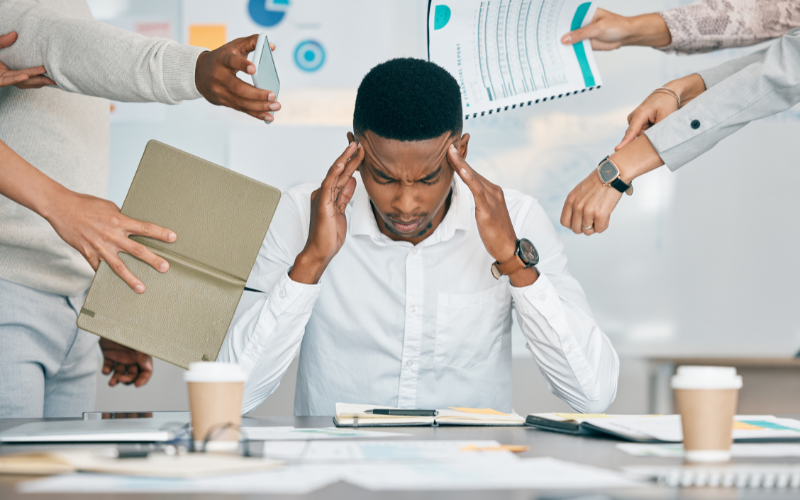Coping Strategies for Managing Anxiety in Everyday Life

Anxiety is a natural response to stress and can arise in various forms, from feelings of unease to intense panic attacks. While manageable for some, anxiety can interfere with daily life for others, necessitating the use of effective coping mechanisms. Here are key strategies to help manage anxiety and promote mental well-being:
Mindfulness Techniques
Mindfulness involves focusing on the present moment and observing thoughts without judgment. Techniques such as deep breathing exercises and progressive muscle relaxation can calm physical symptoms of anxiety. Progressive muscle relaxation involves systematically tensing and relaxing different muscle groups, starting from the feet and progressing upwards to the head. Activities like yoga or guided meditation can also promote relaxation and reduce overall stress levels.
For instance, diaphragmatic breathing involves inhaling deeply through the nose, allowing your abdomen to expand, and exhaling slowly through the mouth. This method often activates the parasympathetic nervous system, helping to reduce feelings of anxiousness. Employing these mindfulness and relaxation techniques can support long-term anxiety management when practiced regularly and with intention.
Lifestyle Adjustments
Making specific lifestyle adjustments can improve mental health and lower anxiety levels. A consistent exercise routine is key, as physical activity releases endorphins, which reduce stress. Regular physical activity reduces tension, improves sleep quality, enhances cognitive function, and promotes emotional stability through the release of neurotransmitters like serotonin.
Sleep hygiene plays a pivotal role in managing anxiety. Poor sleep often heightens symptoms, so make sure to maintain a regular sleep schedule and create a restful environment. Limiting caffeine and alcohol use is also helpful, as they may trigger anxious thoughts or panic symptoms. Creating structured routines might also provide a sense of predictability and control, contributing to reduced anxiety levels. This includes setting specific times for meals, exercise, and relaxation practices. A structured schedule limits uncertainty, which often triggers anxious thoughts, and promotes a sense of order that can be reassuring in times of stress.
Cognitive Techniques
Cognitive strategies focus on altering thought patterns that contribute to anxiety. For instance, Cognitive Behavioral Therapy (CBT) is an approach that addresses negative thinking by challenging distorted beliefs and reframing them. Journaling may also help explore and clarify anxious thoughts, making them easier to reframe.
Using self-talk techniques may be another valuable tool. By identifying and replacing irrational thoughts with constructive ones, individuals can decrease stress and promote a sense of control. Recognizing cognitive distortions, like overgeneralizing, is a key step in managing anxious thought patterns effectively.
Professional Help
When coping mechanisms and lifestyle changes do not adequately address anxiety, seeking professional help is a key next step. Therapists can provide tailored interventions based on individual needs. Clinical methods like guided relaxation or medication may be incorporated into treatment plans by mental health practitioners. Consulting a professional can also provide access to structured therapies, which are beneficial for managing anxiety in specific contexts. Professional support allows individuals to develop long-term strategies and better understand their anxiety.
Schedule Your Appointment for Anxiety Therapy Today
Effective anxiety management begins with implementing some of the coping strategies discussed above. Persistent anxiety symptoms may require professional assistance. Schedule an appointment with a licensed therapist to access professional guidance and support.
- What to Expect When Visiting a Foot and Ankle Specialist
- Causes of PTSD
- The Link Between Plantar Fasciitis and Weight Gain: What You Need to Know
- How Pet Ownership Can Positively Impact Life with Fibromyalgia
- The Importance of Stretching and Flexibility in Sports Medicine
Dr. Emma Green is a health and wellness expert with over 10 years of experience in nutrition and fitness. Passionate about helping others live their healthiest lives, Dr. Green shares practical advice on wellness, nutrition, and sustainable living through LivingSpristine.






